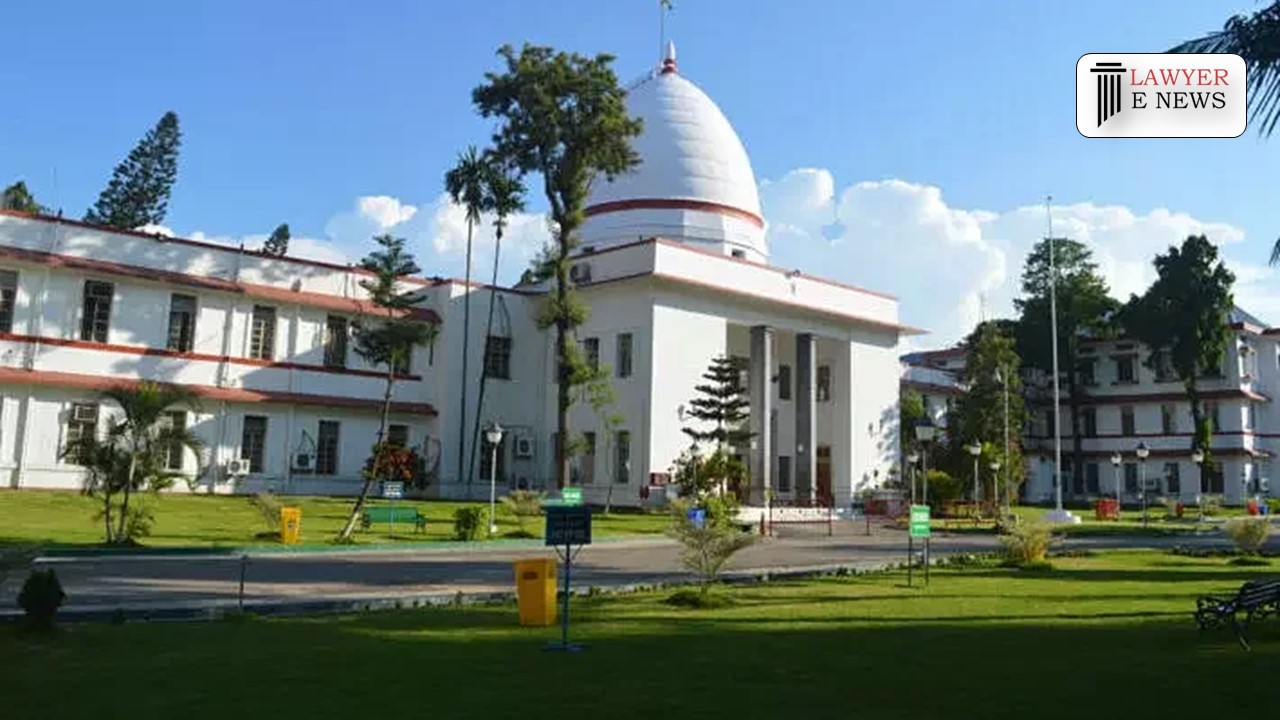-
by Admin
15 February 2026 5:35 AM



The Gauhati High Court has granted custody (zimma) of seized cattle to petitioner Mujibur Rahman, setting aside an earlier order by the Magistrate that refused zimma on the grounds of necessity for further investigation. Justice Arun Dev Choudhury’s judgment underscores the application of the Code of Criminal Procedure (Cr.P.C.) provisions for the disposal of property during the enquiry and trial, aligning with the principles laid down in the case of Sunderbhai Ambala Desai v. State of Gujarat.
Background: The case involves a criminal revision petition filed by Mujibur Rahman against the State of Assam, challenging the refusal of zimma of cattle seized under the Assam Cattle Preservation Act, 2021. The petitioner argued that the cattle were legally purchased from a registered cattle market and presented the purchase receipt to the Investigating Officer (I.O.). The learned Magistrate had earlier refused to grant zimma on the grounds that the cattle might be necessary for further investigation. The petitioner, represented by Mr. N.J. Dutta, sought relief from the High Court, asserting that the provisions under Chapter XXXIV of Cr.P.C. should govern the disposal of the property during enquiry and trial.
Court Observations and Views:
Power of Magistrate and Applicable Law: The court analyzed the legislative framework of the Assam Cattle Preservation Act, 2021, and the provisions under Sections 451 and 457 of the Cr.P.C. Justice Choudhury observed that while Section 11 of the Assam Cattle Preservation Act pertains to the power of search and seizure, it does not provide specific guidelines for the disposal of property during the enquiry and trial stages. Thus, the disposal of seized property must adhere to the relevant Cr.P.C. provisions.
“The power under Section 11 of the Assam Cattle Preservation Act, 2021 relates to search and seizure, not disposal of property during trial,” Justice Choudhury stated. “Disposal of property during enquiry/trial is governed by Chapter XXXIV of Cr.P.C.”
Application of Sunderbhai Ambala Desai Principles: The court highlighted the significance of the principles established in Sunderbhai Ambala Desai v. State of Gujarat, which advocate for the expeditious and judicious disposal of seized property to avoid unnecessary suffering or loss. The court mandated the preparation of a proper panchnama, taking photographs, and executing a bond to ensure the return of the cattle if required.
“The application for zimma of seized material shall be dealt expeditiously and judiciously, with the object that the owner of the seized article should not suffer for it remaining unused or by its misappropriation,” Justice Choudhury emphasized.
Justice Choudhury elucidated that the Assam Cattle Preservation Act’s provision under Section 11(5) is only applicable during the initial seizure stage and does not extend to the entire duration of the enquiry and trial. Consequently, the provisions of Chapter XXXIV of the Cr.P.C. should be invoked for the disposal of property during these stages.
“Section 11 of the Act, 2021, more particularly, Sub Section 1, is enacted to deal with the power of search and seizure for enforcing the provisions of the Act,” the court noted. “Therefore, Chapter XXXIV of Cr.P.C., especially Sections 451 and 457, shall be applicable in cases under the Act, 2021.”
Justice Choudhury remarked, “The provisions of Chapter XXXIV of the Cr.P.C., more particularly, Section 451 and 457 of Cr.P.C., shall be applicable in a case under the Act, 2021 as there is no specific provision for disposal of property during enquiry and trial in the Act.”
Decision: The Gauhati High Court’s decision to grant zimma of the seized cattle to the petitioner Mujibur Rahman is a significant ruling that emphasizes the proper application of the Cr.P.C. provisions for the disposal of property during legal proceedings. This judgment not only aligns with established legal principles but also ensures that individuals do not suffer undue hardship due to prolonged possession of their property by the authorities. The court’s application of the Sunderbhai Ambala Desai principles underscores its commitment to judicious and timely justice.
Date of Decision: 22nd May 2024
Mujibur Rahman vs. The State of Assam
